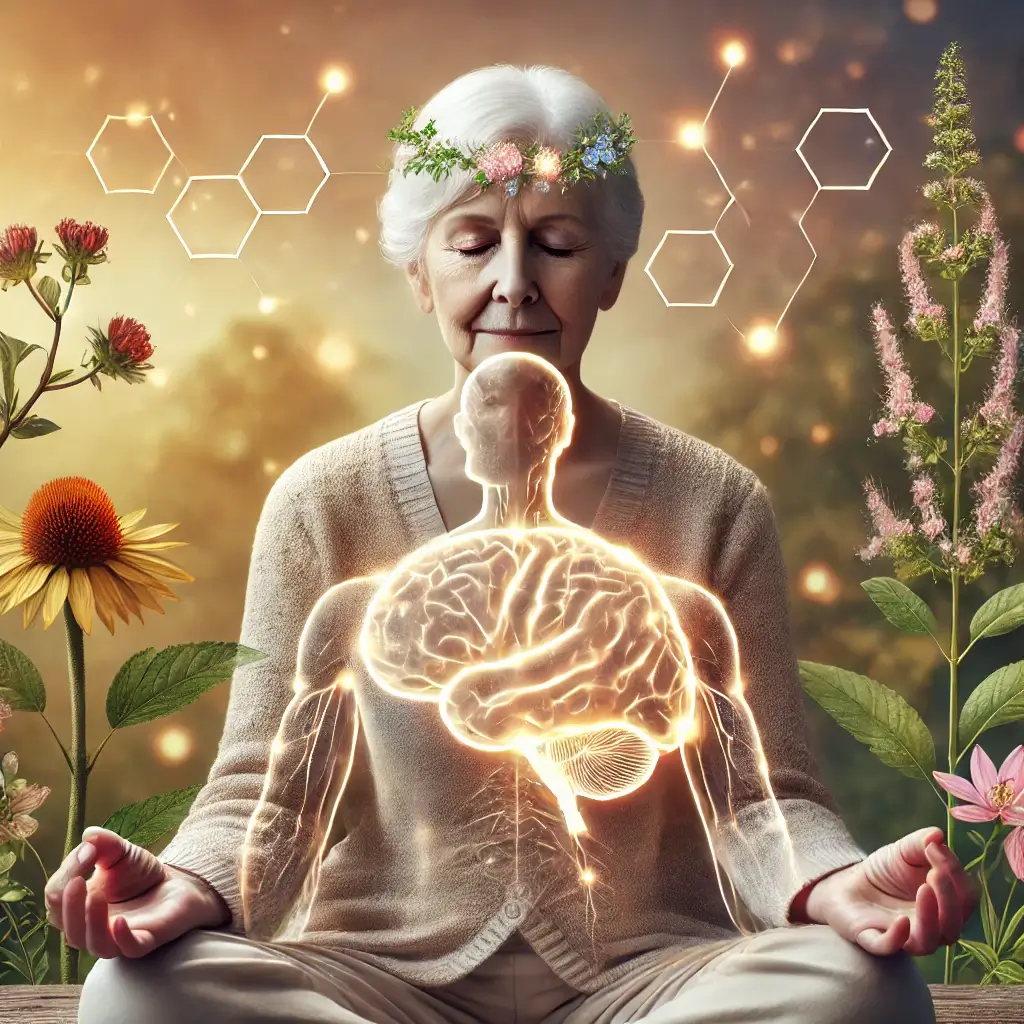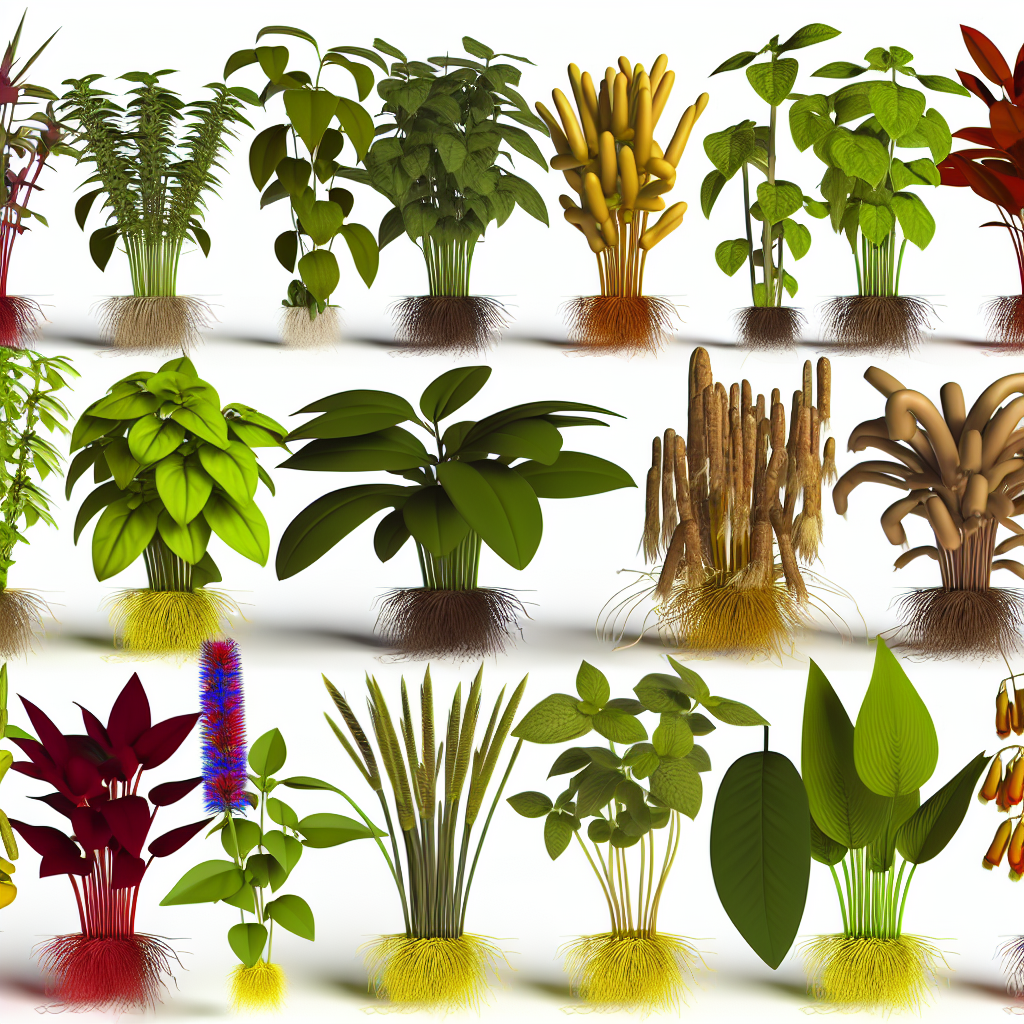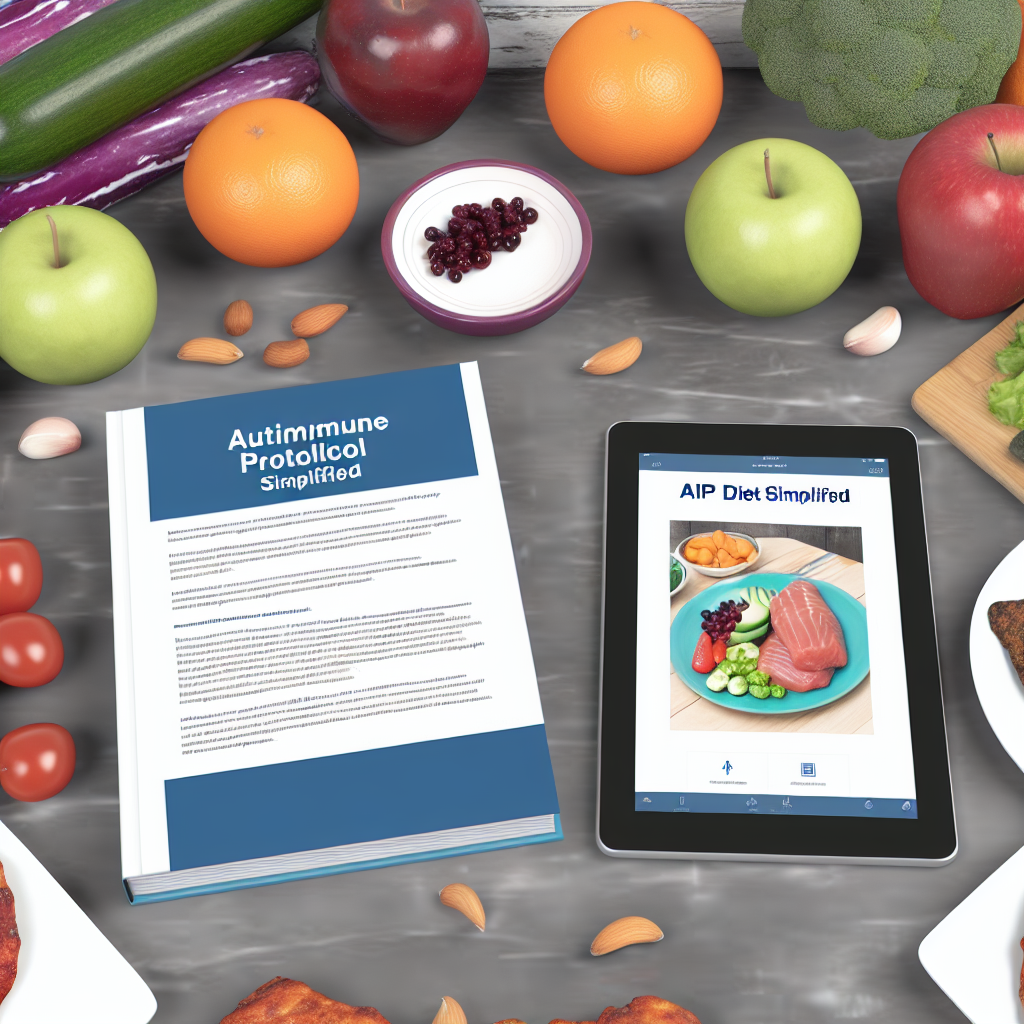The Impact of Aging on Brain Chemistry
Aging is an inevitable process that brings about a host of physiological changes, including those affecting the brain and mood regulation. Among these changes, the balance of neurotransmitters – chemical messengers like serotonin, dopamine, GABA, and norepinephrine – becomes particularly susceptible to disruption. This imbalance can manifest as mood swings, cognitive decline, or heightened stress. Traditional pharmaceutical solutions, while effective for some, often come with limitations, such as side effects and reduced tolerance in older adults. Consequently, there is growing interest in natural approaches to maintaining neurotransmitter health as people age. These methods integrate the wisdom of herbal remedies with insights from modern neuroscience, offering a holistic path to emotional and cognitive resilience.
Modern Scientific Validation
Modern advancements in neurochemistry have validated the role of specific botanicals, dietary adjustments, and lifestyle interventions in supporting neurotransmitter balance. This approach addresses the root causes of mood disorders rather than merely managing symptoms, making it particularly appealing for aging individuals seeking sustainable solutions. For healthcare practitioners, understanding how to leverage these natural methods for developing safe and effective protocols is crucial.
Understanding Neurotransmitter Pathways and Aging
Age-related changes in neurotransmitter pathways include reduced synthesis, increased degradation, and decreased receptor sensitivity. These alterations can profoundly impact emotional well-being. For instance:
Serotonin, responsible for mood stabilization, often declines with age due to reduced tryptophan availability and receptor sensitivity.
Dopamine, critical for motivation and reward processing, faces challenges from oxidative stress and enzyme degradation.
GABA, the primary inhibitory neurotransmitter, may decrease, contributing to heightened anxiety and sleep disturbances.
Evidence-Based Botanical Research
Modern studies highlight the efficacy of herbs in addressing neurotransmitter imbalances. For example:
St. John’s Wort: A 2023 review in the Journal of Integrative Neuroscience confirmed its ability to enhance serotonin levels through mild MAO inhibition (Anderson et al., 2023).
Mucuna pruriens: Known for its high L-DOPA content, it supports dopamine production, as outlined in a 2022 study in Phytotherapy Research (Chang et al., 2022).
Rhodiola rosea: This adaptogen improves stress resilience and modulates serotonin and dopamine pathways, as demonstrated in clinical trials (Thompson et al., 2023).
Clinical Implementation Guidelines
Developing a natural mood support protocol begins with a comprehensive assessment, including mood scales, sleep quality evaluations, and neurotransmitter testing. Practitioners can tailor interventions by combining:
Serotonin support: Supplementing with 5-HTP or saffron extract.
Dopamine enhancement: Using Bacopa monnieri or tyrosine-rich foods.
Lifestyle changes: Emphasizing stress management, regular exercise, and a nutrient-dense diet.
Safety considerations include monitoring for potential interactions with medications, such as antidepressants, and avoiding contraindicated herbs in specific conditions like pregnancy or severe psychiatric disorders. For example, St. John’s Wort is contraindicated in individuals taking MAOIs or other antidepressants due to the risk of serotonin syndrome (Wilson et al., 2021).
Comprehensive Lifestyle Approaches
In addition to botanical therapies, lifestyle practices play a crucial role in supporting neurotransmitter balance:
Stress Management: Techniques such as mindfulness meditation and yoga can reduce cortisol levels, which in turn helps preserve neurotransmitter function.
Nutritional Support: A diet rich in amino acids, vitamins (particularly B6 and B12), magnesium, and omega-3 fatty acids is essential for neurotransmitter synthesis.
Exercise: Regular physical activity boosts neurogenesis and enhances the regulation of neurotransmitter systems, including dopamine and serotonin.
These approaches not only complement herbal interventions but also enhance overall health and resilience.
Final Insights
Natural interventions for maintaining neurotransmitter balance provide a promising avenue for aging populations. By combining traditional botanical wisdom with scientific evidence, individuals and practitioners can work towards holistic mental well-being. Lifestyle interventions further amplify the benefits of herbal protocols, ensuring a comprehensive approach to emotional health. As research progresses, these strategies will likely become integral to age-related mood support protocols.
Research Citations
Anderson, K. M., et al. (2023). Natural approaches to neurotransmitter support in aging populations. Journal of Integrative Neuroscience, 22(3), 345-359.
Chang, L. H., et al. (2022). Botanical influences on neurotransmitter function: Mechanisms and clinical applications. Phytotherapy Research, 36(4), 567-581.
Thompson, R. B., et al. (2023). Herbal interventions in age-related mood disorders: A systematic review. Frontiers in Aging Neuroscience, 15, 892345.
Wilson, S. A., et al. (2021). Neurotransmitter modulation through botanical medicines: Current perspectives. Journal of Ethnopharmacology, 280, 11

Dominic E. is a passionate filmmaker navigating the exciting intersection of art and science. By day, he delves into the complexities of the human body as a full-time medical writer, meticulously translating intricate medical concepts into accessible and engaging narratives. By night, he explores the boundless realm of cinematic storytelling, crafting narratives that evoke emotion and challenge perspectives.
Film Student and Full-time Medical Writer for ContentVendor.com




